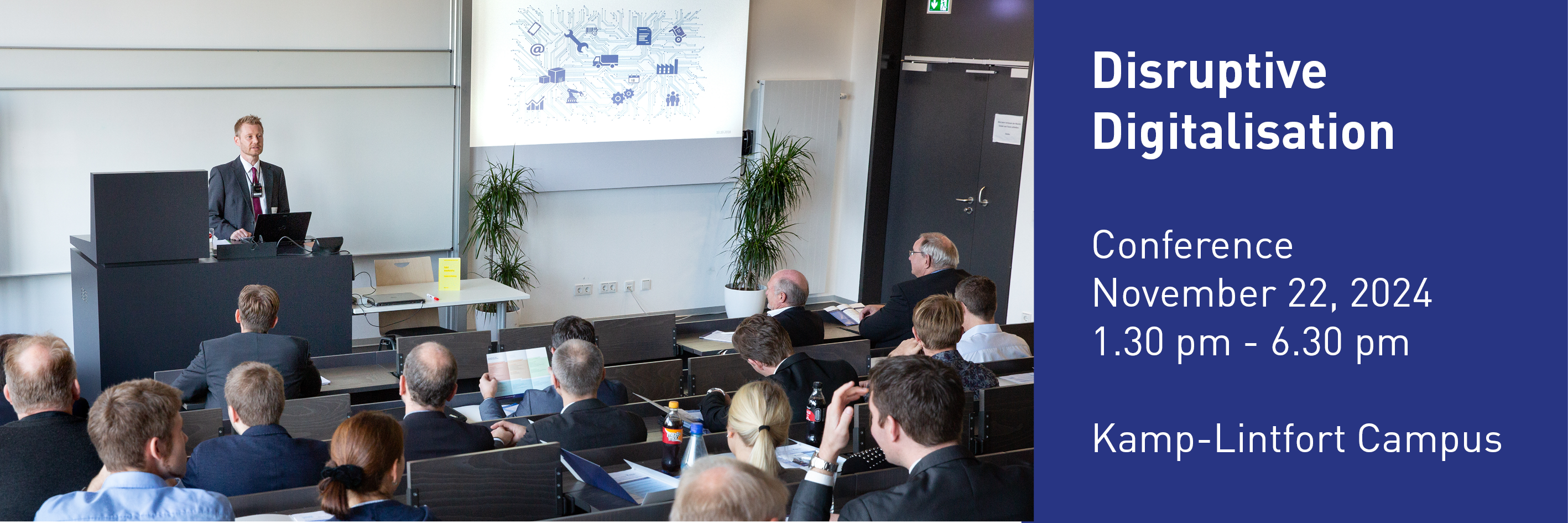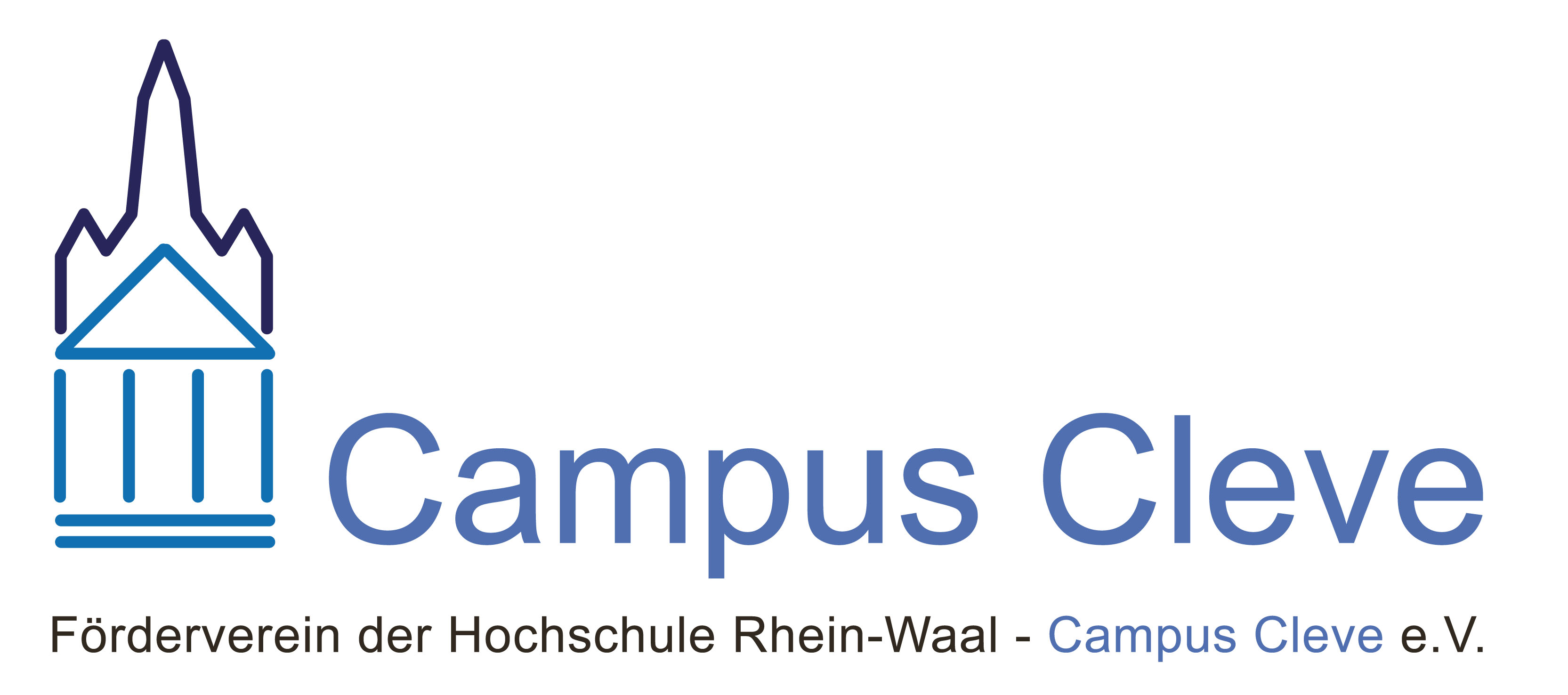Conference on Disruptive Digitalisation
Cryptocurrencies, artificial intelligence (AI), and smart technologies have significantly reshaped our work and daily lives. While new investment opportunities in cryptocurrencies offer the potential for significant returns, they also come with substantial risks. AI and smart devices are increasingly taking on tasks for us, offering convenience while also raising concerns about redundancy and loss of control. The disruptive power of digitalisation is becoming increasingly clear. How do we adapt to these changes, and how can we use new technologies effectively?

Sixty years ago, only a few people had direct interactions with computers. Thirty years later, personal computers had become commonplace, and the global network of computers, now known as the internet, was expanding rapidly. Today, robots clean our floors, cryptocurrencies have become a form of investment for some, and artificial intelligence writes our texts and optimises processes in highly automated factories. Both our daily lives and production methods have become increasingly digital, with digitalisation driving massive, rapid changes. However, the pace of regulation and its implementation by governments often lag behind these changes. As a result, disruptive digitalisation presents opportunities to enhance our quality of life but also introduces various challenges. Digitalisation can cause uncertainty and overwhelm, lead to technological unemployment, and create a new form of societal division between those with access to new technologies and the skills to use them, and those without access or digital education. While digitalisation fosters innovation and improvement, it also brings new dependencies and renders traditional ways of life and production obsolete.
The event on November 22 will center on the disruptive effects of digitalisation as well as strategies for addressing them. Presentations will explore the various challenges it poses, such as the growing presence of cryptocurrencies like Bitcoin and Ether, which, despite their volatility, have now established themselves in financial markets, but present significant risks for investors. Heike Joebges and Hansjörg Herr, experts in monetary theory, banking, and financial markets, will discuss the nature of cryptocurrencies and the potential risks they pose to financial market stability.
ChatGPT and other AI tools are already widespread and are expected to significantly boost productivity in companies. Frank Zimmer will discuss the fundamentals of artificial intelligence, the mechanics of machine learning, and the possibilities these technologies offer. Kathrin Weidner will highlight examples of AI applications in business settings. Ulrich Greveler will address the increasing vulnerability of individuals, companies, and organisations to cyberattacks and IT failures. Tobias Siebenlist and Timo Kahl will discuss the digitalisation of public administration, including the uses of electronic ID cards and electronic vehicle registration.
The event is open to anyone interested, including professionals from business, associations, and civil society. Participation is free of charge.
Please note that the event and presentation language is German. A written machine translation into English will be provided.
| 1.30 pm | Reception |
| 1.45 pm | Welcome Vice President Professor Dr-Ing. Peter Kisters | Rhine-Waal University Dean Professor Dr Klaus Hegemann | Rhine-Waal University |
| 2.00 pm | Introduction Disruptive Digitalisation: A Thematic Introduction Professor Dr Torsten Niechoj | Rhine-Waal University |
| 2.15 pm | Keynote Digital Currencies and Financial Market Stability Professor Dr Heike Joebges | HTW Berlin Professor Dr Hansjörg Herr | HWR Berlin & IPE Berlin |
| 3.15 pm | Break |
| 3.45 pm | Presentation Artificial Intelligence and Machine Learning Professor Dr-Ing. Ido Iurgel | Rhine-Waal University Professor Dr Frank Zimmer | Rhine-Waal University |
| 4.15 pm | Presentation AI Technologies and Their Applications in Business Professor Dr Kathrin Weidner | Rhine-Waal University |
| 4.45 pm | Break |
| 5.15 pm | Presentation Secure Disruption: Does Successful Digitalisation Reduce Cyber Risks? Professor Dr-Ing. Ulrich Greveler | Rhine-Waal University |
| 5.45 pm | Presentation AI Application Scenarios and Process Automation in Public Administration Professor Dr Tobias Siebenlist | Rhine-Waal University Professor Dr Timo Kahl | Rhine-Waal University |
| 6.15 pm | Conclusion and Farewell Professor Dr Torsten Niechoj | Rhine-Waal University |
Registration
To assist our planning, we would kindly ask you to register here Participation is free of charge.

